First in a series about the B.C. Sugar records

We are pleased to announce the donation of the B.C. Sugar fonds! The records of B.C. Sugar are a valuable contribution to our holdings and one of our most significant acquisitions. Founded in 1890 and still operating today, the company is only four years younger than the City of Vancouver itself. Over 300 boxes of records (including roughly 5500 photographs and 500 architectural plans and drawings, as well as moving images and artworks) document the beginnings of the business, follow it through two world wars, and provide insight into social and economic changes both locally and globally. For a brief history of sugar companies in Canada check out the Canadian Sugar Institute.
The Archives would like to thank Lantic Inc. for donating the records and for generously providing some financial support for processing them. As the records are processed in stages over the next couple of years, we will let you know when they are made available for research, and will share highlights from the fonds as exciting discoveries are made. We are starting with the core business records.
The City of Vancouver was incorporated in 1886; just last year the Archives was a key participant in celebrating the City’s Vancouver 125 anniversary events. Take a moment to think about our city in its early days and the industries that shaped it . . . natural resources such as fishing, forestry and mining come immediately to mind. B.C. Sugar was the city’s first major industrial venture not tied to these industries. Sugar has been refined atVancouver’s port since 1891, for 121 years! Today, the refinery can produce up to 240,000 tonnes of sugar per year from imported raw cane sugar.
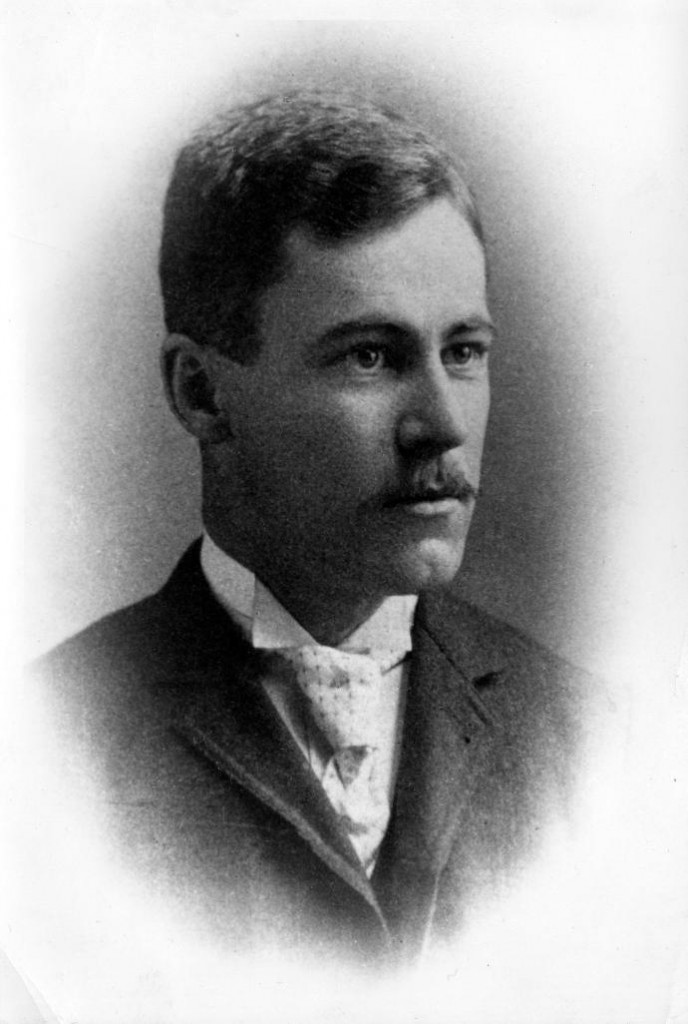
In March of 1890, the man who founded B.C. Sugar, Benjamin Tingley Rogers, was a young and confident entrepreneur. He started the company at the age of 24 with an idea and some financial backing from Canadian Pacific Railway president William Van Horne, and other businessmen based out of Montreal. Vancouver was an ideal location for B.T. Rogers’ intentions; it was at the Western end of the newly completed CPR, and right across the ocean from the Philippines, a major source of raw sugar.
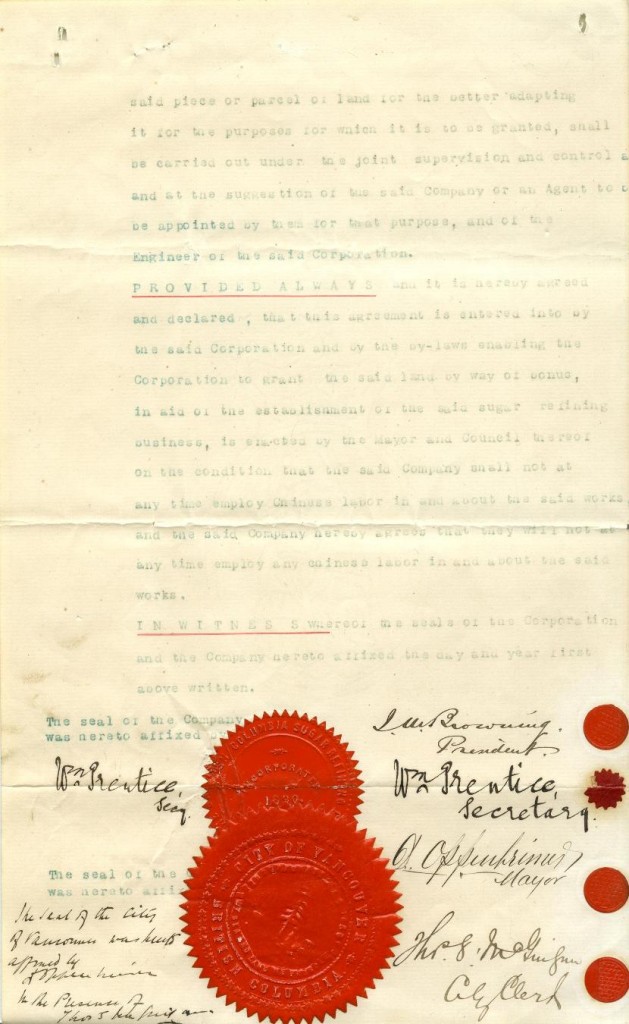
The City of Vancouver was eager to support and encourage business in the late nineteenth century. B.T. Rogers received concessions from the city: free water for 10 years and no taxes for 15 years. The $40,000 bonus he requested was given in the form of $30,000 worth of free land which the city granted to him.

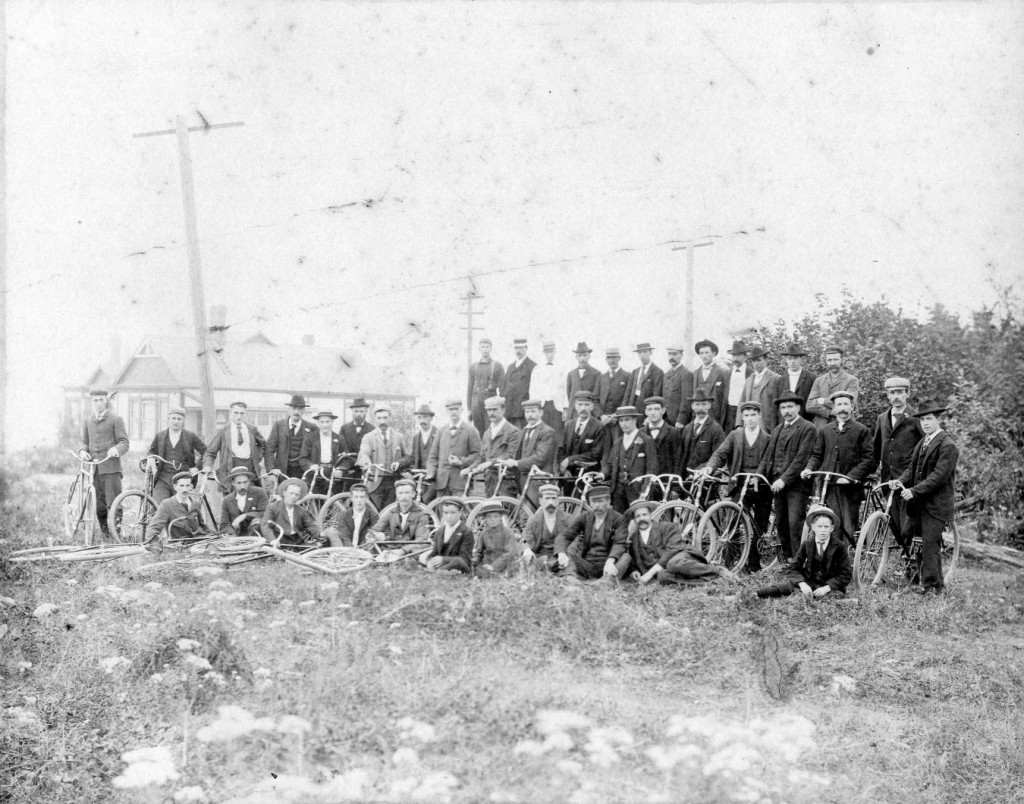
The history of B.C. Sugar is rich and diverse. The sugar industry is both a very local and a demonstrably global enterprise and the records reflect both local and international influences. The records document everything from company picnics and passion-filled strike action to the global price and availability of sugar.
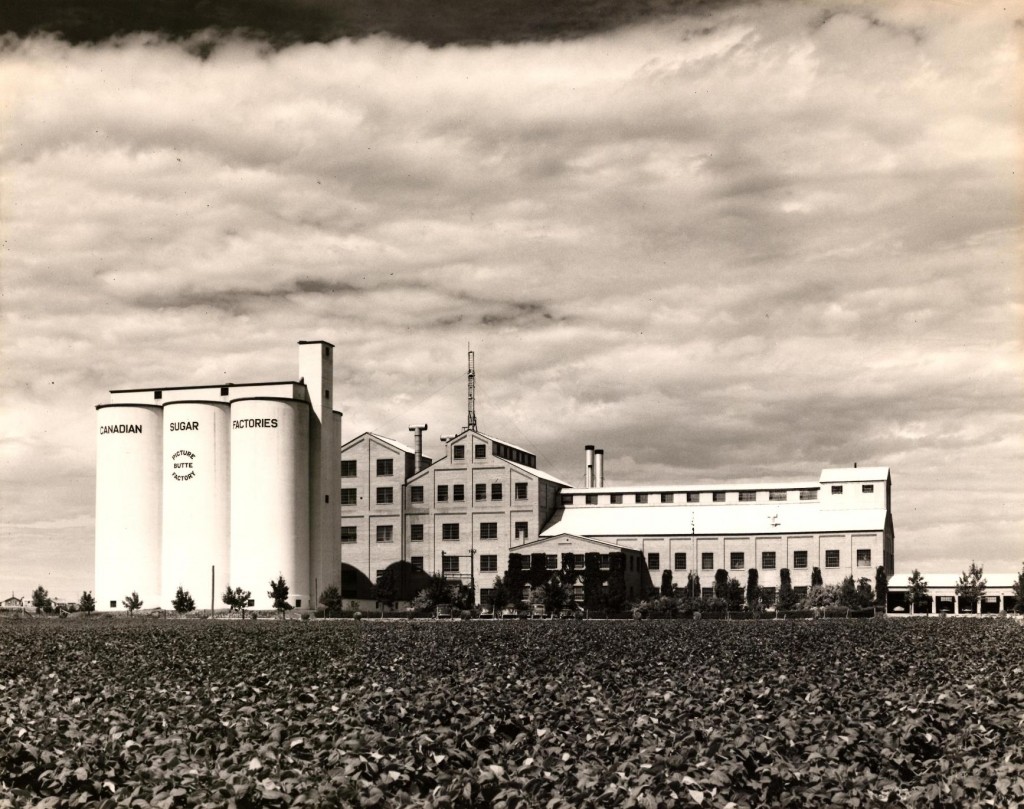
The company owned, under different company names, cane sugar refineries in Fiji and the Dominican Republic as well as beet sugar refineries in Alberta and Manitoba. The records of B.C. Sugar include records for all of these subsidiary companies documenting everything from negotiations with Canadian beet farmers to correspondence addressing the difficulties of doing business in a country run by a dictator to decisions surrounding the maintenance and purchase of equipment.
I have spoken to several people who grew up in Vancouver and fondly remember visits to the B.C.Sugar Museum which included a tour and a giant pile of sugar. In 1976 the B.C.Sugar Museum opened to share the history of the company and inform school children and other visitors about the history of the sugar industry. The events of 9/11, however, had many repercussions and tighter security at the Port Metro Vancouver meant that bus loads of school children and tourists could no longer freely visit the B.C. Sugar Museum and it was closed. In 2011, Lantic made the decision to donate the archival records on display and stored in their vault to the City of Vancouver Archives.
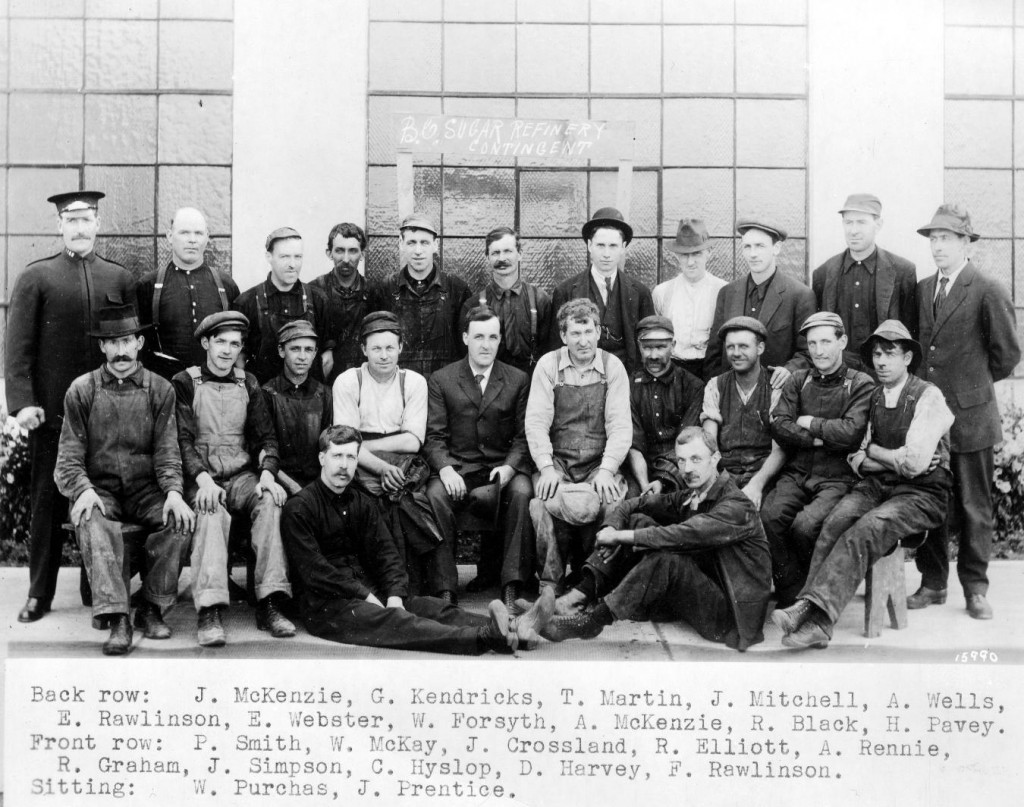
The City of Vancouver Archives would like to thank Lantic Inc. for its financial support for the archival processing of the BC Sugar fonds, which has made it possible for the Archives to make these records available to the public at this time.
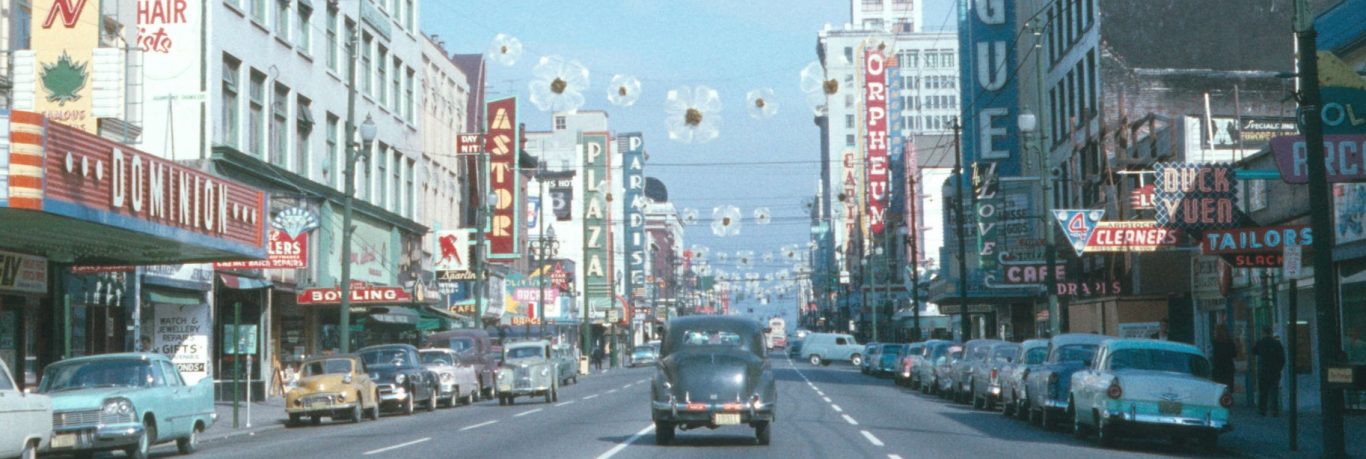

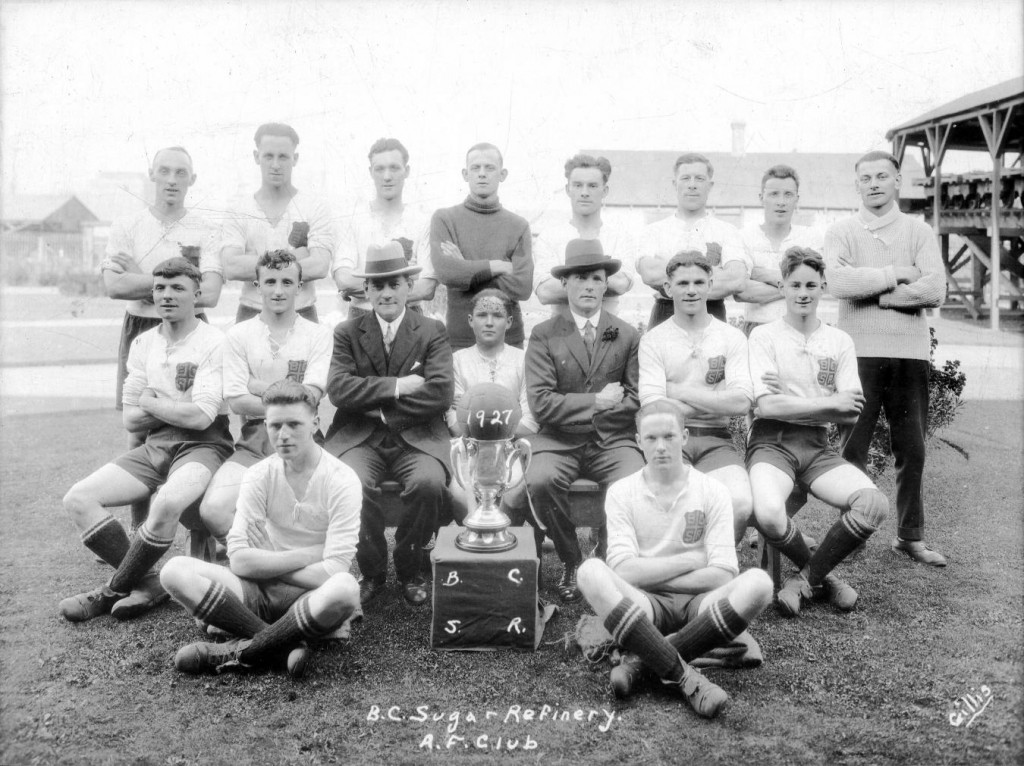

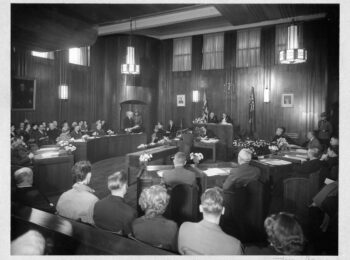
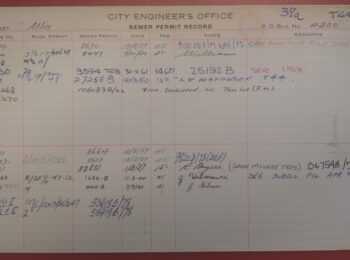
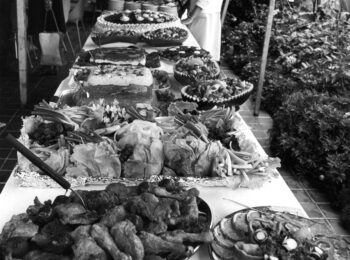
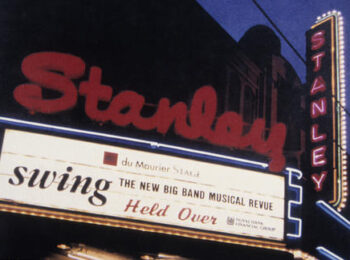
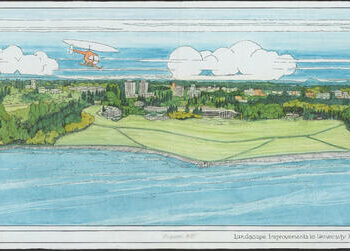
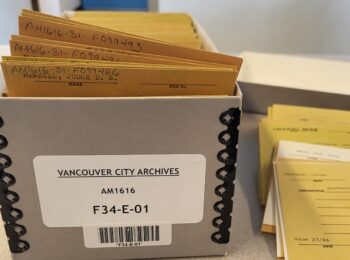
I would love to come down and look to see if there is any photos of my grandfather and father. They both worked at BC Sugar. My dad for 46 yrs!!! Unfortunitly my grandfather passed away very young so his career was cut short.
I wonder if there are any tours of B C Sugar Refinery as I worked there from 1949 to 1951
Probably best to directly contact Lantic, Inc., the company with which Rogers merged in 2008: http://www.lantic.ca/